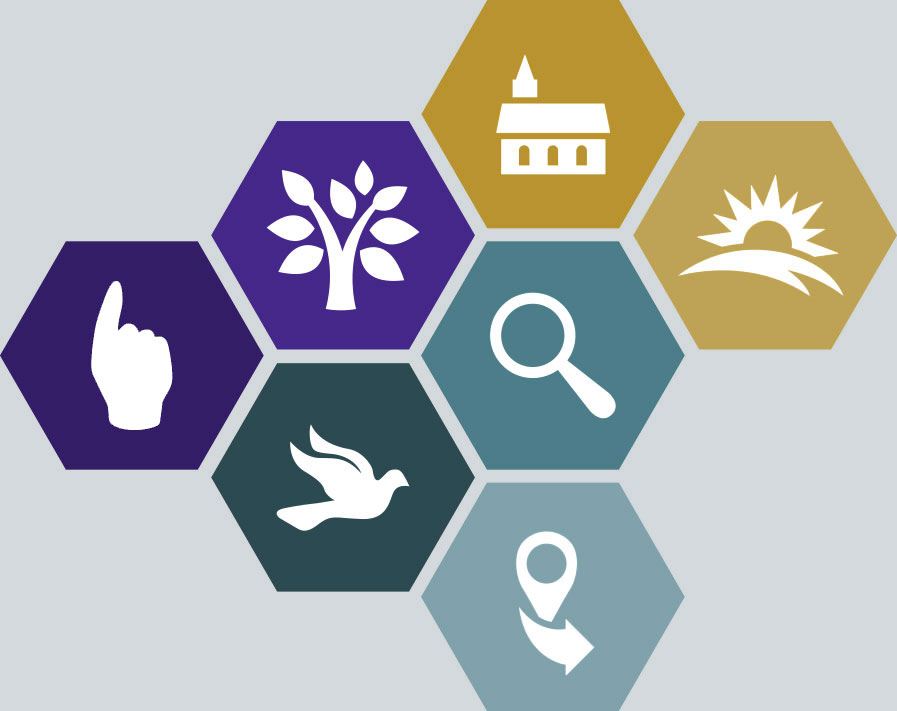Focusing on the Vulnerable
But People Are Dying!

But people are dying!
We’ve all seen the stats: 9 million will die of hunger this year; 1 child dies every 10 seconds; 17,000 people will die of hunger and hunger-related diseases today.
This series of articles on Focusing on the Vulnerable has advocated a slow response—helping people understand who God has created them to be, unlocking their potential, and building their skills. All this takes time. While the principles make sense, when we see the immediate need, it doesn’t feel like enough of a solution. At a heart-level, we still may want to jump in and provide food, water, school lunches… Why wait till another child dies?
One thing to understand is that very few people actually starve to death in the world. (Those who are truly starving exist in extremely isolated and dangerous warzones, where expensive food drops by military or unilateral organizations are required.) The vast majority of those represented in the dying-of-hunger statistics are in complex situations created and maintained by wrong beliefs: for instance, a woman who doesn’t get adequate nutrition while pregnant because women aren’t valued and men eat first…and her children, born malnourished and unable to fight off disease. While our handouts may keep that woman and her children alive, they are left stuck in a situation where they will be hungry, poor, and treated as less-than-human all their lives.
By giving handouts instead of addressing wrong beliefs, we’re in danger of treating the rest of the world like our pets—we will feed them, care for them, and make all their decisions. Instead, we need to see that they are God’s precious creation who should have the opportunity for hope and dignity as they contribute to building God’s kingdom.
One of the most common illustrations to explain the complexity of extreme poverty is The Mountain Pass. The story goes like this:
There is a mountain pass which is dangerous and slippery and people are constantly falling off the mountain. Since it takes so long to get people to medical help, many die. So an organization, wanting to help, sets up a bunch of ambulances at the bottom of the mountain and puts in a road so that people can be rushed to the hospital quickly. While, yes, it’s reducing the number of people who die, it’s clearly not the best solution. It would be much better to prevent people falling in the first place. Putting up a fence or making a new path would both be better. However, the fence will eventually need repair or other mountain passes will also need a fence. So the organization building fences will never be done with their task, and travelers will always look to them to solve their problems. The fence-builders have treated people like animals, unable to help themselves and needing others to build them fences for their safety. While infinitely better than the ambulance at the bottom of the hill, it still doesn’t honor people or get to the heart of the problem. The best solution would be for a sherpa, a guide, to help the travelers themselves to think about the problem. What’s happening? Why is it happening? What can be done differently? This solution respects and affirms the dignity and ingenuity of our travelers. It affirms the image of God in them.
Similarly, if we give food supplements to pregnant women or young children born into homes where the men eat all the food (or spend the family income on alcohol or gambling), we haven’t solved the problem. We have done the equivalent of providing an ambulance at the bottom of the mountain. The woman lives but is still mistreated and oppressed. The child survives, but grows up in a home where women and children are considered possessions. By the time they reach adulthood, they will have learn well that women have no value and should be mistreated. And so the cycle of hunger of poverty continues. We should aim so much higher—the restoration of families as God intended.



